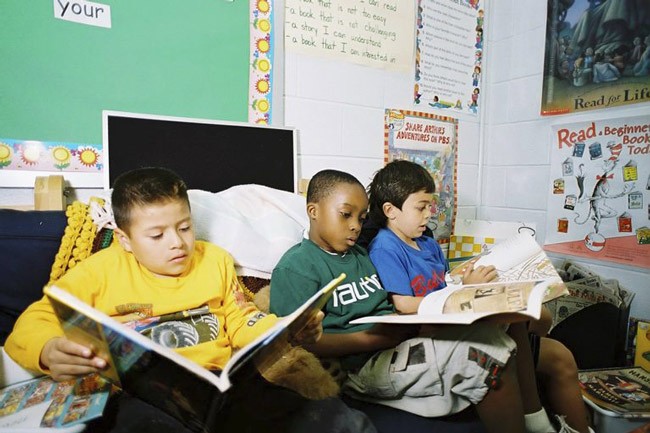
Senate budget writers are considering a larger education spending increase than Gov. Rick Scott sought, though lawmakers are still considering how to offset an increase in local property taxes that helps pay for the historic number.
The initial proposal from the Senate Education Appropriations Subcommittee would boost funding for the main public-school spending formula by almost $650.6 million in the year beginning July 1, more than the $507.3 million increase that Scott has touted as record-breaking.
The Senate amount would allow the state to spend $7,249.23 a student, against the $7,220.59 figure Scott has proposed. Either number would break the previous record for public-school spending on a per-pupil basis, set nine years earlier, before the financial crisis wrecked the state’s budget. (Both proposals are based on current dollars, not inflation-adjusted dollars. For either proposal to exceed the 2007-08 education budget after adjusting for inflation, they would have to propose $8,115 per student, according to the Bureau of Labor Statistics’ inflation calculator.)
But Sen. Don Gaetz, a Niceville Republican who chairs the education budget panel, cautioned against reading too much into the number. Gaetz has raised questions about the spending increase’s reliance on rising local property taxes, which are part of the state funding formula.
“This is an area right here … where you may very well see some changes in our approach to it and in the numbers, depending upon our ongoing work and analysis,” Gaetz said.
As always, both Senate and Scott proposals remain well below 2007 funding levels in inflation-adjusted dollars.
Tax rates would remain flat under Scott’s plan and the Senate’s proposal, but so far the funding includes the increase in revenues from rising property values. Some lawmakers argue that the distinction doesn’t mean much to homeowners who will end up paying more regardless.
Gaetz’s committee has discussed three approaches to equaling out the increase in state and local funding. One option would be to boost state spending along with local funding, another would be to increase state funding to offset local tax dollars, and a third would be to simply lower local property taxes.
“We’re looking for a way to achieve increased funding for our K-12 schools without creating a property tax increase that is disproportionate,” Gaetz told reporters after the meeting.
The proposal released Tuesday would fall well short of completely evening out state and local spending on education, but more resembles that approach than the other two.
The plan would also increase spending on after-school or mentor programs by $10 million, to $30 million, while putting funding for those activities into a competitive grant system.
The Senate spending outline would provide less than Scott does in performance funding for state universities — $475 million, compared to $500 million from the governor — and the same $60 million for performance funding at state colleges. Gaetz is also floating spending $25 million to overhaul the funding formula for state colleges.
The subcommittee is hoping to firm up the numbers before meeting Thursday and sending its final recommendations to the full Senate Appropriations Committee.





























Leave a Reply